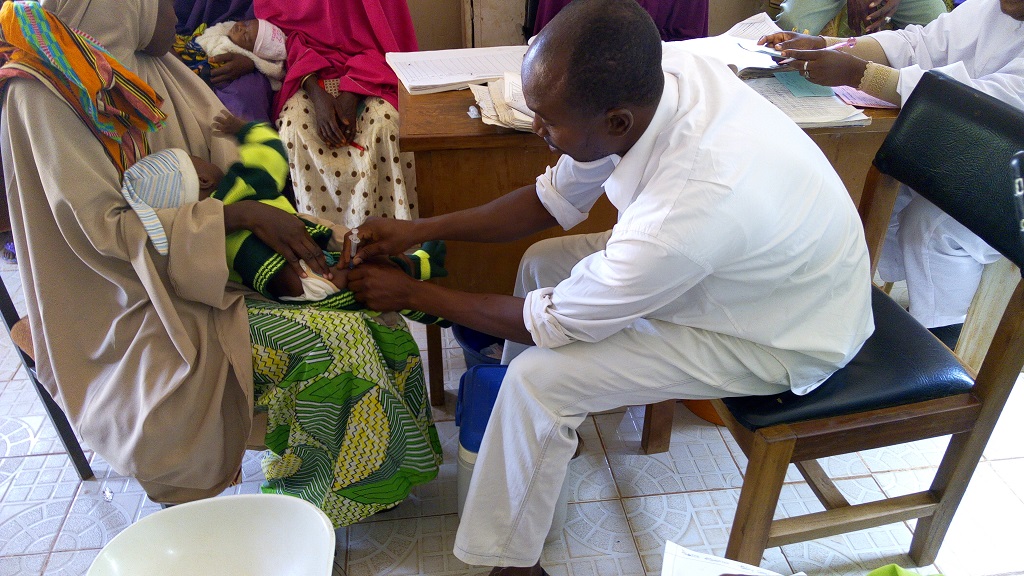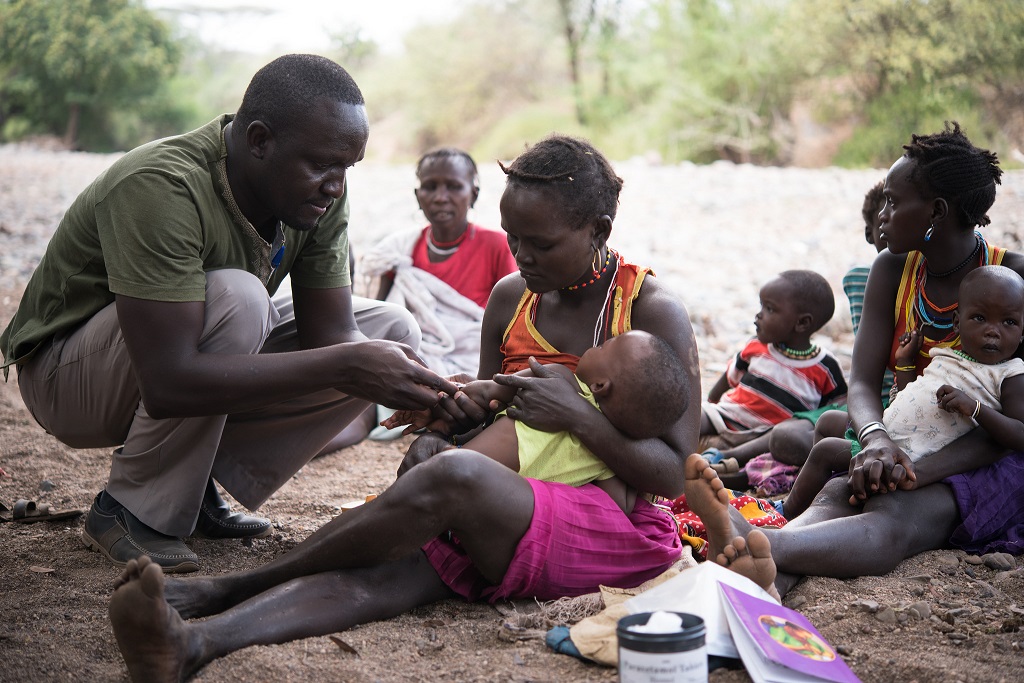This post originally appeared on the Bhekisisa website.
I met Abdulmajid 10 years ago at a rural Nigerian health centre. His grandmother, who could neither read nor write, had brought Abdulmajid to be immunised. She’d lost her daughter, Abdulmajid’s mother, a few months earlier from illness and had since learned that vaccination would protect her grandson from diseases. The boy had never been vaccinated.
The healthcare worker carefully explained details of the vaccines the boy would receive and stressed the need for him to return for all his follow-up immunisations.
I’ve continued to monitor Abdulmajid’s progress since then and he has grown into a healthy, thriving schoolboy — his grandmother’s pride and joy.
Africa is home to 200-million young people between the ages of 15 and 24. By 2025, a quarter of the world’s youth under 25 will be African, said outgoing chairperson of the African Union Commission Nkosazana Dlamini-Zuma at the recent African Union summit in Addis Ababa.
Dlamini-Zuma also spoke of what Africa must do to begin to harness the potential of these future generations.
She said: “We must provide all African boys, girls and young people with opportunities to be in school, complete secondary education, have access to vocational training and universities, and to expand their knowledge of science, mathematics, engineering and technology.”
But those of us in global public health know this vibrant future for Africa’s youth is only possible with a healthy beginning.
When the AU’s Addis Declaration on Immunisation was signed in 2016, countries committed to universal access to immunisation. This means reaching all African children with life-saving vaccines and making immunisation a cornerstone of health and development.
Ethiopia, Chad and Nigeria are making remarkable progress in reducing the number of unimmunised children. The World Health Organisation (WHO) found that immunisation coverage improved in 17 African countries in 2015. But in the same year, 19.4-million children still did not receive basic vaccines, according to the WHO.
Less than 50% of children in the Central African Republic, Equatorial Guinea and South Sudan were immunised in 2015. Most of Africa’s unimmunised children live in just 10 countries: Nigeria, the Democratic Republic of Congo, Ethiopia, Angola, Uganda, South Africa, Niger, South Sudan, Chad and Madagascar.
Not surprisingly, children who do not receive immunisations are often the most vulnerable because of poverty, conflict, marginalisation or because they live in slums or in rural areas.

The latest AU declaration calls on countries to increase domestic resources and funding for immunisation, and to address persistent barriers to vaccination and healthcare delivery systems, especially in poor, vulnerable and marginalised communities.
Currently, fewer than 15 countries on the continent fund more than 50% of their national immunisation programmes, according to the WHO.
For African countries to fulfil their commitments under the Addis agreement, governments must enact legislation to enable sustainable financing and subnational operational funding. Dedicated domestic resources are particularly important for countries that are moving away from donor support provided through the international vaccine financing initiative Gavi.
To address immunisation barriers, governments must strengthen data collection, reporting and utilisation. Countries also need to build effective and efficient supply chains and integrated procurement systems to make sure that vaccines get to where they are needed. Creating strong systems to ensure all children are immunised is also likely to require the development of approaches tailor-made to country contexts.
And this investment is worth it.
The economic case is compelling: returns on investment for every child vaccinated are huge. Every $1 spent on vaccines brings a 16-fold return on investment — this climbs to a return of $44 for every $1 spent if we look at all the extended benefits that vaccination brings, for example, averting up to three million deaths every year, according to a 2016 study published in the journal Health Affairs.
When families like Abdulmajid’s know the value of vaccines, and can access them through high-quality services, communities begin to demand vaccination programmes. But this only works if vaccines are available close to home — and consistently so.
The recent outbreak of yellow fever cases in Brazil, which has already killed dozens of people, is a testament to the urgent need to safeguard sufficient supplies of vaccines globally.
Africa’s leaders have endorsed the Addis Declaration on Immunisation. Declarations are not new. Sadly, many gather dust on shelves without being implemented. The success of making the Addis agreement stand apart from past declarations hinges on the prioritisation of high-impact interventions such as immunisation by top country leadership.
But making universal immunisation a reality is not just the task of our national leaders. Civil society, parliamentarians, religious leaders, donors, partners, researchers and communities all have a role to play.
The clock is ticking and even one unvaccinated child is one too many.

